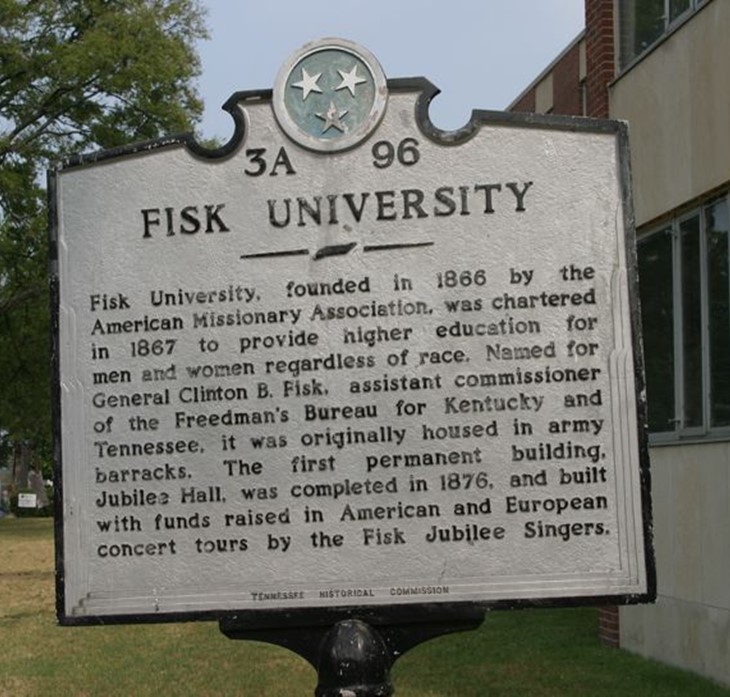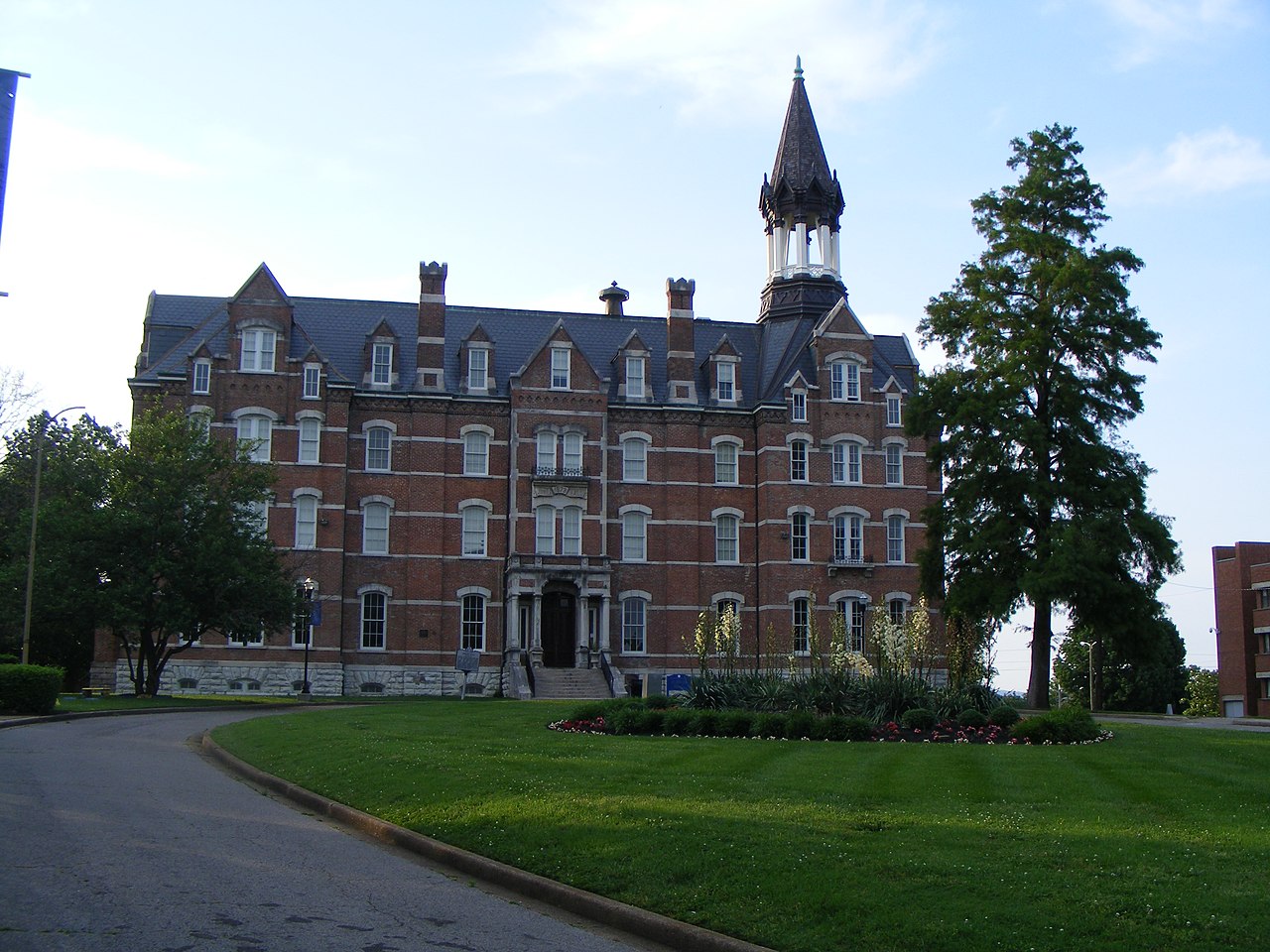
The Dissemination of the African American Spiritual in America and Europe: University Singing Movement 2
The story of the Fisk Jubilee Singers is one of the few bright spots in the otherwise grim history of post-Reconstruction African American history. Following the Civil War, several church organizations decided to dedicate themselves to the education of the new freedmen by establishing educational institutions. One of these was the American Missionary Association, which was established in 1846 by the Congregational Church. One of its first acts was the founding of Fisk University. Voted into being in 1865, Fisk opened its doors to students in January of 1866, and like most colleges and universities, it became immediately engaged in a death struggle for funds (Lovell 1972, 402).
George L. White, a Northern White army officer, was assigned to Fisk after the war to aid in the education of the Black students. He formed a group of singers, most of them recently emancipated slaves, to perform classical music at the institution and the surrounding neighboring towns to raise money to keep the institution open. African American spirituals were later added to their repertoire since White found an eager audience wanting to hear them.
Through the effort of George White, the religious spirituals were the first Black music to catch the serious attention of White Americans. "Jubilee songs," or "jubilees," as the spirituals were formerly called, began to filter into the general American consciousness just before Emancipation. The spiritual's dissemination was aided by the spectacularly successful U.S. and European tour of the Fisk Jubilee Singers in the early 1870s, along with the publication of many of their songs (Roberts 1972, 160-161).







